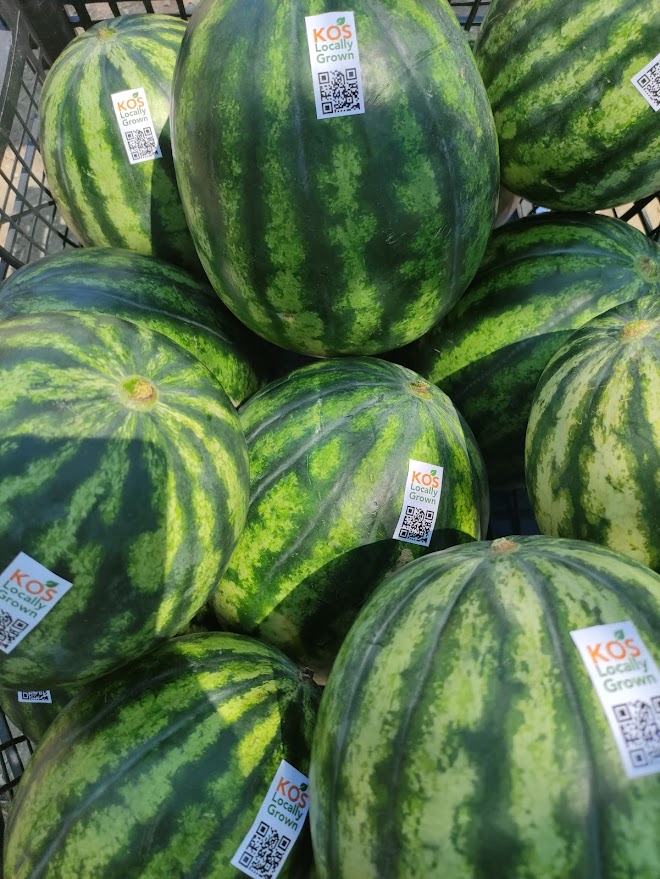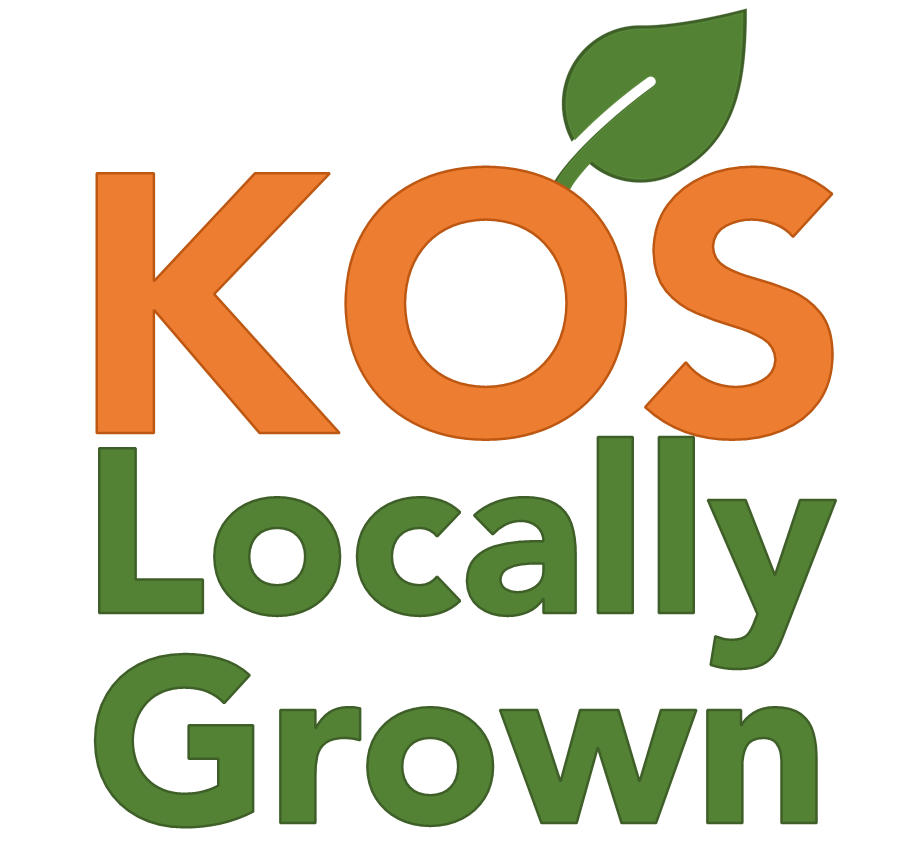Our Story
About Us
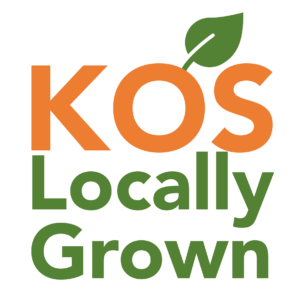
A Civil non-profit Company
Kos Locally Grown is a civil non-profit company composed of 35 members till today, dedicated to promoting and supporting local products on the island of Kos. Our members include local farmers, members of the Agricultural Association of Kos, and certified producers of standard local products such as wine, oil, honey, cheese, and more.
We have united to promote local products, but also to face modern challenges such as unfair competition from large farms, the critical issue of water scarcity due to overexploitation and the bleak environmental future of the island. The creation, development, and growth of Kos Locally Grown plays a vital role in preserving the agricultural landscape and maintaining the livelihoods of local farmers.
Our focus at Kos Locally Grown is to support local products and help farmers and producers to switch to more sustainable and ecological practices using new technologies by providing them with the right training. Through our efforts, we aim to strengthen the local economy, promote environmental sustainability, and preserve the unique agricultural heritage of our beloved island.
How it all started...
Back to 2021 when a group of students and teachers from the 2nd Lyceum of Kos embarked on an investigation into sustainable development within the ERASMUS+ program framework, European Student for Sustainability. During their research, they recognized the pivotal role of supporting local produce in achieving sustainable development goals. This realisation led to the creation of Kos Locally Grown in November 2021 and was officially launched in April 2022. In collaboration with the Agricultural Association of Kos, which represents small local farms, they designed the Kos Locally Grown logo to symbolize and promote the local products of Kos.
With limited funds and extensive volunteer work, Kos Locally Grown has operated as a pilot for more than a year and has achieved several of the key objectives set. These included developing a fully functional website, establishing a strong presence on social media platforms and Google, and printing the QR code logo on over 50,000 items, from product stickers and price tags to restaurant menus and t-shirts. In addition, the brand’s presence was successfully expanded to both small local markets and large supermarkets, as well as producer kiosks, local business outlets and the municipal market.
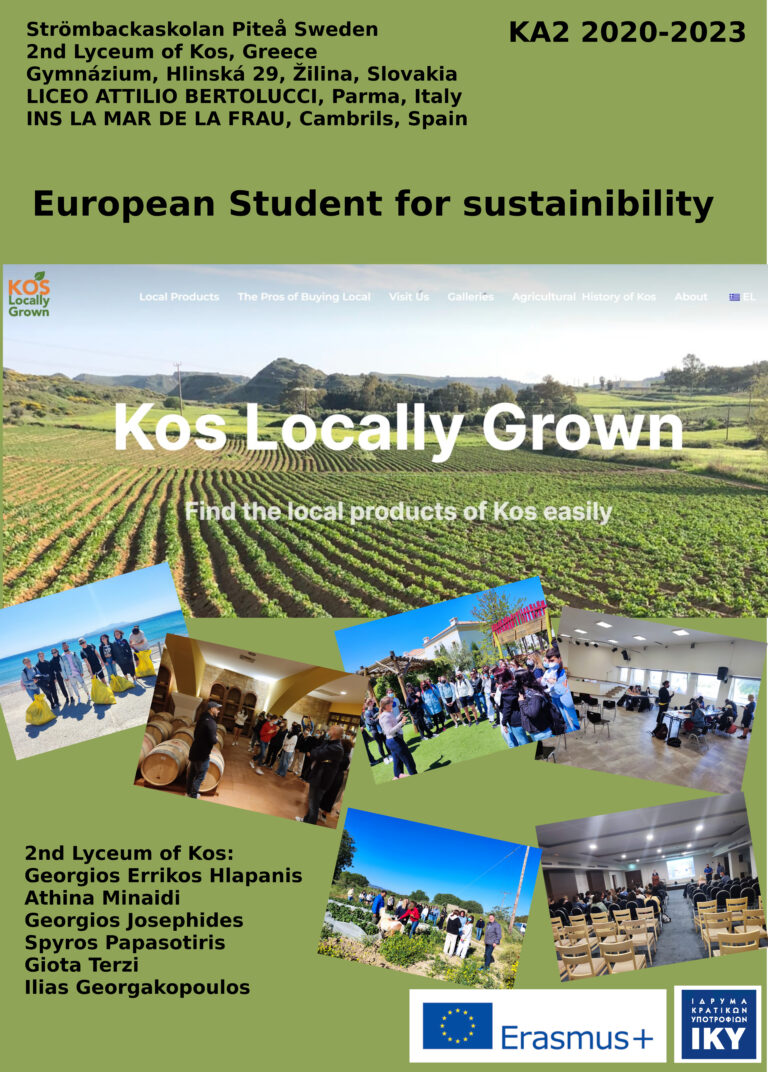
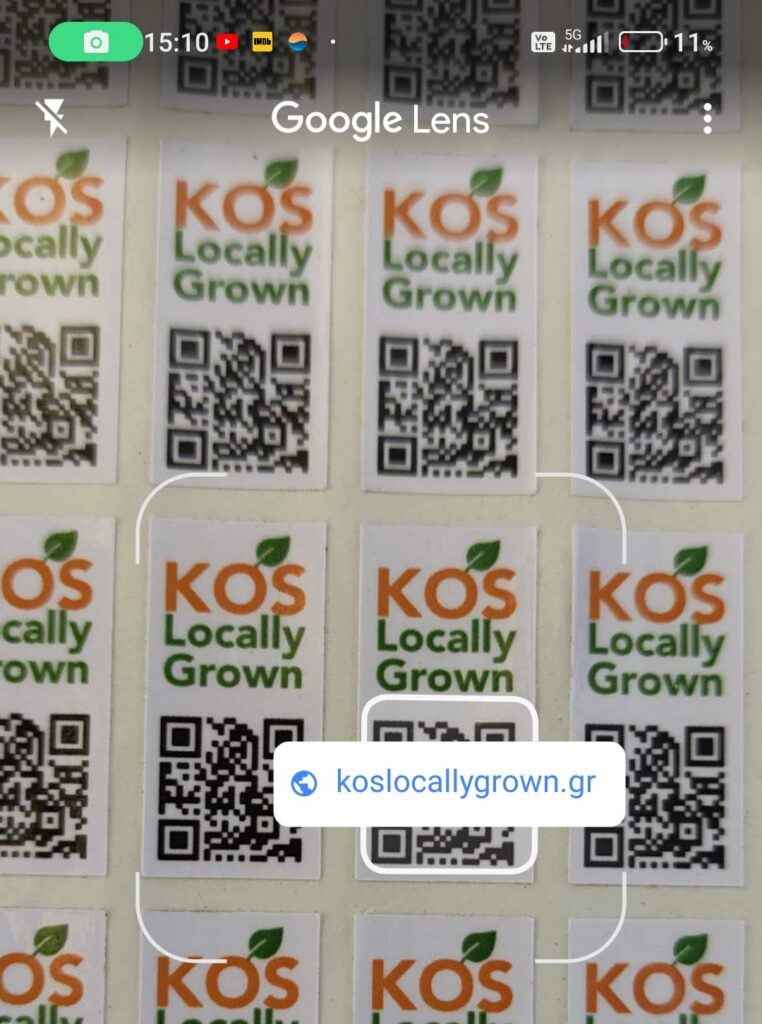
how It Works...
Kos Locally Grown is a brand name that marks and promotes local products supporting the local economy and community, as well as the sustainable development of Kos.
The logo of Kos Locally Grown is accompanied by a QR code which redirects the user to the koslocallygrown.gr website. On our website, apart from information on local products and the benefits of their preference, a user can find local businesses that produce or sell local products and ways to contact and visit them. Thus, creating a network between businesses that produce, sell. This makes local products more easily accessible to anyone who wants to find, taste, and buy them.
Apart from the growth we want to achieve in the promotion and distribution of local products for consumption, we have some other big and important goals that you can see below.
Our Goals
At Kos Locally Grown, we have a clear vision for the future and a set of goals that we strive to achieve:
- through information and training programs to encourage local producers to use sustainable practices in their crops to improve the quality of their produce, increase production, reduce production costs, save water, use GDP, and reduce pesticide use
- create retail networks of local products to local businesses and link them to hotels and restaurants so that they can promote local producers and their products to the local tourism industry
- to carry out studies about the state of the island’s water table and to find ways of dealing with water scarcity
- the creation of programs offering guided tours/excursions or agritourism during periods of production processes, such as the olive harvest and olive oil production, the grape harvest and the wine-making process, the honey harvest, etc.
- educate schools and the local community on issues related to sustainability, food waste and water scarcity
- to enhance productivity and promote sustainable healthy products through sustainable farming
- support the use of environmentally friendly packaging to minimize environmental impact
